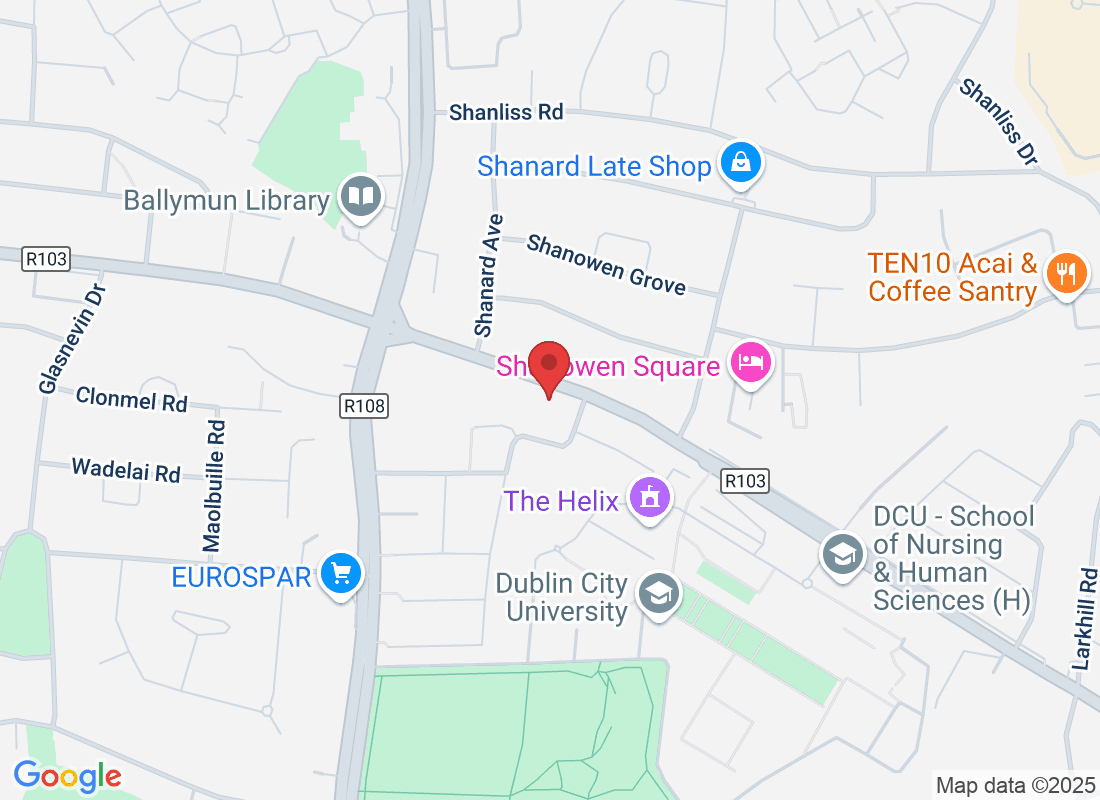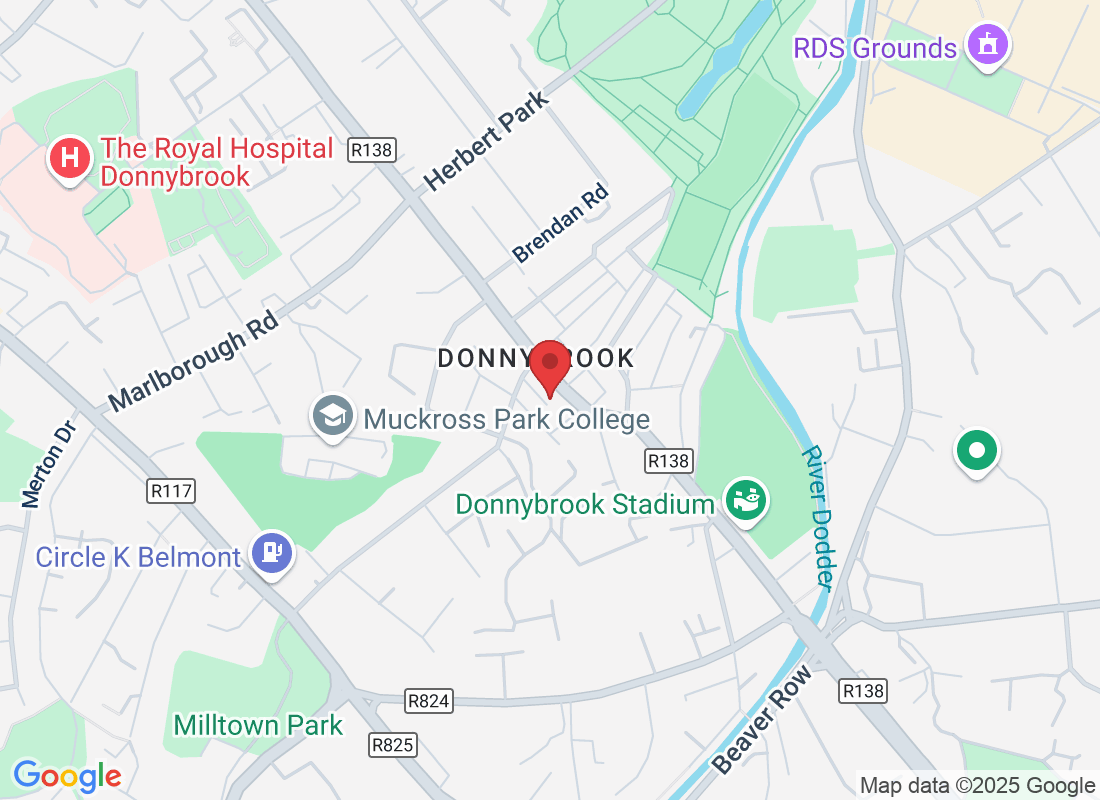Tips & Advice From Mary Moore Podiatry

Are Your Shoes Wrecking Your Feet? A Podiatrist’s Guide to Foot-Friendly Footwear
We all have that favourite pair of shoes — stylish, maybe a bit worn in, and oh-so comfortable… until they start causing blisters, aches, or worse. If your feet hurt at the end of the day, your shoes might be to blame.
As podiatrists, we often see patients whose foot pain stems directly from their footwear choices. At Mary Moore Podiatry, one of the first things we assess during a consultation is your shoes — because what you wear can either support your foot health or quietly work against it.
In this guide, we’ll explain how shoes affect your feet, what warning signs to watch for, and what to look for in truly foot-friendly footwear.
How Shoes Can Cause Foot Problems
Shoes are meant to protect and support your feet. But when they don’t fit well or aren’t suited to your activity, they can lead to a host of issues, including:
Heel pain (often from inadequate arch support or worn soles)
Bunions and hammertoes (caused or worsened by narrow, pointed toe boxes)
Corns and calluses (from constant pressure or rubbing)
Ingrown toenails (common with tight shoes or high heels)
General foot fatigue and sore arches
The wrong footwear can even impact your ankles, knees, hips, and back due to misalignment and poor posture — all starting from the ground up.
Warning Signs Your Shoes Might Be Harming Your Feet
You don’t have to be in agony to know your shoes aren’t working for you. Watch out for these subtle (and not-so-subtle) signs:
Your feet ache after standing or walking for a short time
You have blisters, pressure marks, or thickened skin
You often shift your weight or change how you walk to avoid discomfort
You feel pain in specific areas, like the heel or ball of the foot
The soles of your shoes wear out unevenly
If any of this sounds familiar, it’s time to re-evaluate your footwear.
What Makes a Shoe “Foot-Friendly”?
Not all shoes are created equal — even if they come from a big brand. Here’s what to look for when choosing foot-friendly footwear:
1. A Supportive Sole
Look for shoes with a firm but flexible sole. You should be able to bend the toe area slightly, but the middle (arch) of the shoe should offer strong support.
2. Arch Support
Good arch support is key, especially for people with flat feet or plantar fasciitis. This helps distribute weight evenly and reduce strain on the heel and forefoot.
3. Roomy Toe Box
Your toes should be able to move freely. Avoid shoes that squeeze or taper at the front — these can lead to bunions, hammertoes, and ingrown nails.
4. Cushioning
Whether walking or standing, a well-cushioned insole can protect against shock and reduce joint stress.
5. Secure Fit
Shoes that are too loose can cause sliding and friction, while too-tight shoes can lead to pressure problems. Aim for a snug fit that doesn't pinch.
6. Appropriate Heel Height
A small heel (about 1 inch) can sometimes be more supportive than completely flat shoes. But avoid high heels for everyday wear — they throw off alignment and increase pressure on the forefoot.
Everyday Shoe Tips from a Dublin Podiatrist
Rotate your shoes. Wearing the same pair every day can increase wear and lead to foot pain. Rotating allows shoes to dry out and keeps different pressure points in check.
Replace worn-out shoes. If the tread is gone or the insoles are flattened, it’s time to invest in a new pair.
Break new shoes in slowly. Don’t wear brand-new shoes all day on the first outing. Gradually increase wear time to allow your feet to adjust.
When to See a Podiatrist
If you’ve tried switching shoes but still experience discomfort, it's worth booking an assessment. As part of a foot pain treatment Dublin plan, we look at everything from your footwear to how you walk, stand, and move.
We might recommend:
Custom insoles or orthotics
Footwear modifications
Strengthening and stretching exercises
Advice on shoe brands or styles suited to your foot type
A Step Toward Healthier Feet
Footwear doesn’t have to be fancy or expensive to be good for you — it just needs to fit well and support your feet properly. If you're dealing with ongoing discomfort, don’t ignore it. Small adjustments to your shoes or a visit to a podiatrist can make a big difference in your comfort, mobility, and long-term foot health.
At Mary Moore Podiatry, we’re here to help you take confident, pain-free steps — starting with the shoes on your feet.
Ask Mary Moore Podiatry And Their Team
Fill in the form to request a call from our team. One of our team members will call you for FREE and answer any questions or concerns you may have about your condition
Our Clinic Locations
Glasnevin Clinic

If you have any questions before scheduling an appointment or for general inquiries, please use the contact us button below. Our team will promptly reach out to assist you.
Opening Hours
Monday: 8:30am - 7pm
Tuesday: 8:30am - 5pm
Wednesday: 8:30am - 6pm
Thursday: 8:30am - 7pm
Friday: 8:30am - 5pm
Saturday: Closed
Sunday: Closed
Donnybrook Foot Mechanics

If you have any questions before scheduling an appointment or for general inquiries, please use the contact us button below. Our team will promptly reach out to assist you.
Opening Hours
Monday: Closed
Tuesday: 9:30am - 5pm
Wednesday: 9:30am - 5pm
Thursday: Closed
Friday: Closed
Saturday: Closed
Sunday: Closed


